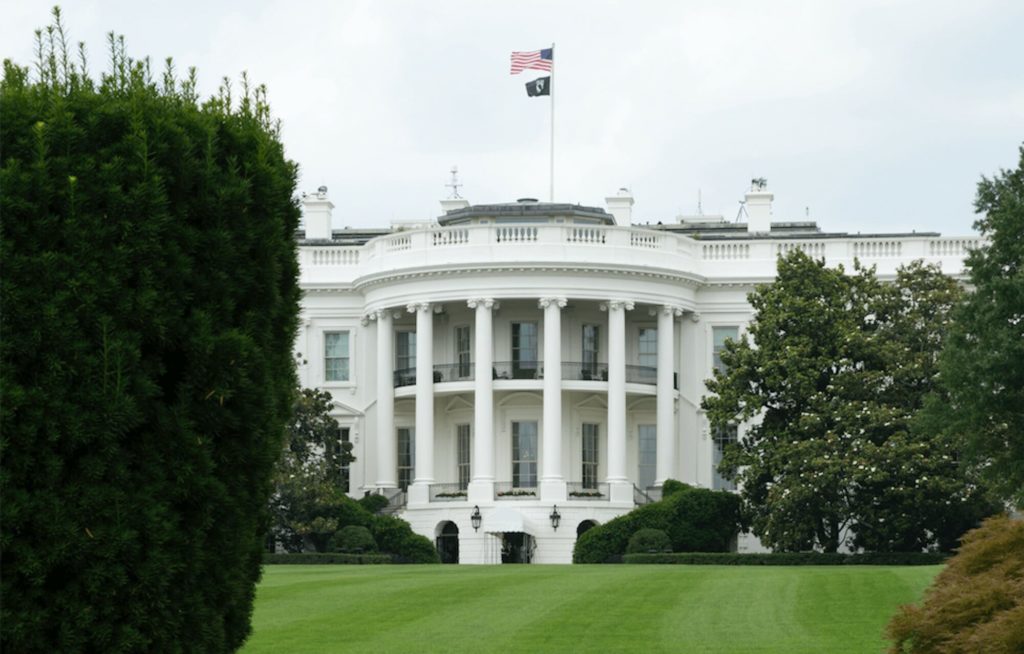
A new Senate committee report accuses private health insurers of using fraud and aggressive marketing to pitch Medicare Advantage plans to older adults. The report released Thursday by the Senate Finance Committee found some MA plans masqueraded as government agencies in mailed advertisements, badgered seniors with phone solicitations, and even sent agents to grocery stores where they approached seniors about switching to different Medicare plans.
“Older Americans and those living with a disability count on Medicare to deliver dependable and high-quality health care when they need it most,” Senate Finance Committee Ron Wyden (D-OR) said in a statement. “It is unacceptable for this magnitude of fraudsters and scam artists to be running amok in Medicare and I will be working closely with CMS to ensure this dramatic increase in marketing complaints is addressed …”
The Senate Finance Committee launched an investigation into MA plans last August after the Centers for Medicare & Medicaid Services reported that the number of Medicare beneficiary complaints about MA plan marketing more than doubled between 2020 and 2021. The committee collected information from 14 states that had the highest number of complaints and said the information gleaned from them paint a consistent picture of what is likely happening nationwide.
The report urged CMS and Congress to reinstate plan requirements loosened during the Trump administration, monitor disenrollment patterns, require agents and brokers to adhere to best practices, implement robust rules around MA plan marketing, and support unbiased information from beneficiaries from state health insurance assistance programs and the Senior Medicare Patrol.
The committee released the report in the midst of open enrollment for Medicare for the 2023 calendar year and at a time when MA plans are growing in popularity among older adults. Approximately 48% of the Medicare-eligible population are enrolled in MA plans, according to Kaiser Family Foundation. They are expected to outnumber traditional fee-for-service Medicare plans within the next few years.
An increasing number of MA plans are offering non-medical supplemental benefits, such as home care, meals and transportation. However, the plans have come under scrutiny by federal watchdogs for denying or delaying coverage of services covered by Medicare. They also have drawn criticism from home health firms for paying lower rates than fee-for-service plans.



